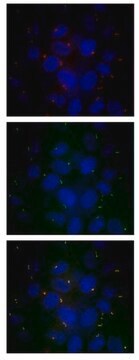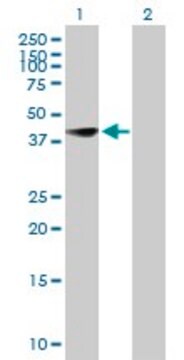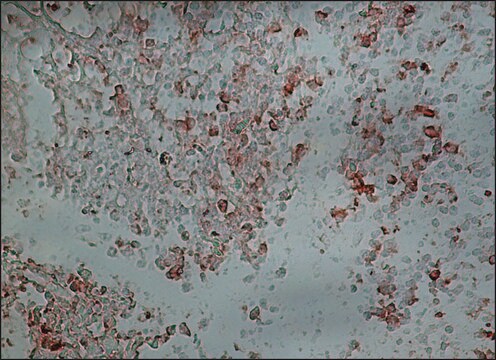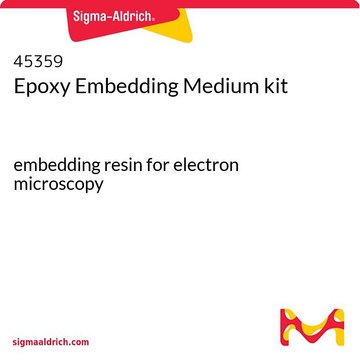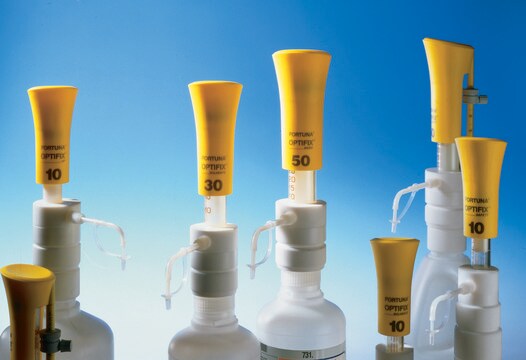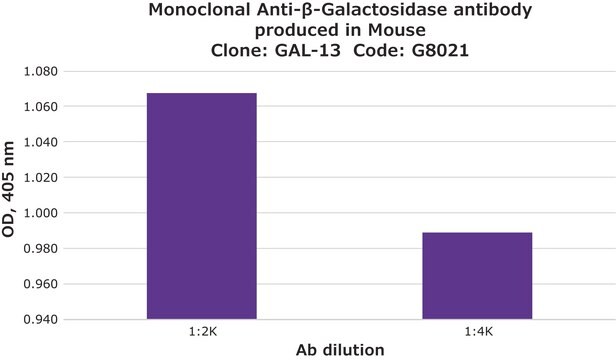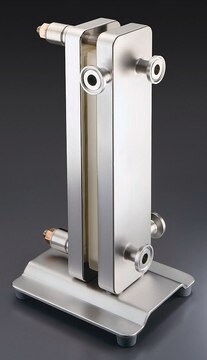ABS1035
Anti-FMO2 Antibody
serum, from rabbit
Synonim(y):
Dimethylaniline monooxygenase [N-oxide-forming] 2, Dimethylaniline oxidase 2, FMO 1B1, Pulmonary flavin-containing monooxygenase 2, FMO 2
About This Item
Polecane produkty
pochodzenie biologiczne
rabbit
Poziom jakości
forma przeciwciała
serum
rodzaj przeciwciała
primary antibodies
klon
polyclonal
reaktywność gatunkowa
mouse, human
reaktywność gatunkowa (przewidywana na podstawie homologii)
chimpanzee (based on 100% sequence homology), orangutan (based on 100% sequence homology)
metody
immunohistochemistry: suitable
western blot: suitable
numer dostępu NCBI
numer dostępu UniProt
Warunki transportu
dry ice
docelowa modyfikacja potranslacyjna
unmodified
informacje o genach
human ... FMO2(2327)
Opis ogólny
Immunogen
Zastosowanie
Signaling
Toxicology & Drug Resistance
Jakość
Western Blotting Analysis: A 1:500 dilution of this antibody detected FMO2 in 10 µg of human liver microsomal lysate.
Opis wartości docelowych
Postać fizyczna
Przechowywanie i stabilność
Handling Recommendations: Upon receipt and prior to removing the cap, centrifuge the vial and gently mix the solution. Aliquot into microcentrifuge tubes and store at -20°C. Avoid repeated freeze/thaw cycles, which may damage IgG and affect product performance.
Inne uwagi
Oświadczenie o zrzeczeniu się odpowiedzialności
Nie możesz znaleźć właściwego produktu?
Wypróbuj nasz Narzędzie selektora produktów.
Kod klasy składowania
12 - Non Combustible Liquids
Klasa zagrożenia wodnego (WGK)
WGK 1
Temperatura zapłonu (°F)
Not applicable
Temperatura zapłonu (°C)
Not applicable
Certyfikaty analizy (CoA)
Poszukaj Certyfikaty analizy (CoA), wpisując numer partii/serii produktów. Numery serii i partii można znaleźć na etykiecie produktu po słowach „seria” lub „partia”.
Masz już ten produkt?
Dokumenty związane z niedawno zakupionymi produktami zostały zamieszczone w Bibliotece dokumentów.
Nasz zespół naukowców ma doświadczenie we wszystkich obszarach badań, w tym w naukach przyrodniczych, materiałoznawstwie, syntezie chemicznej, chromatografii, analityce i wielu innych dziedzinach.
Skontaktuj się z zespołem ds. pomocy technicznej